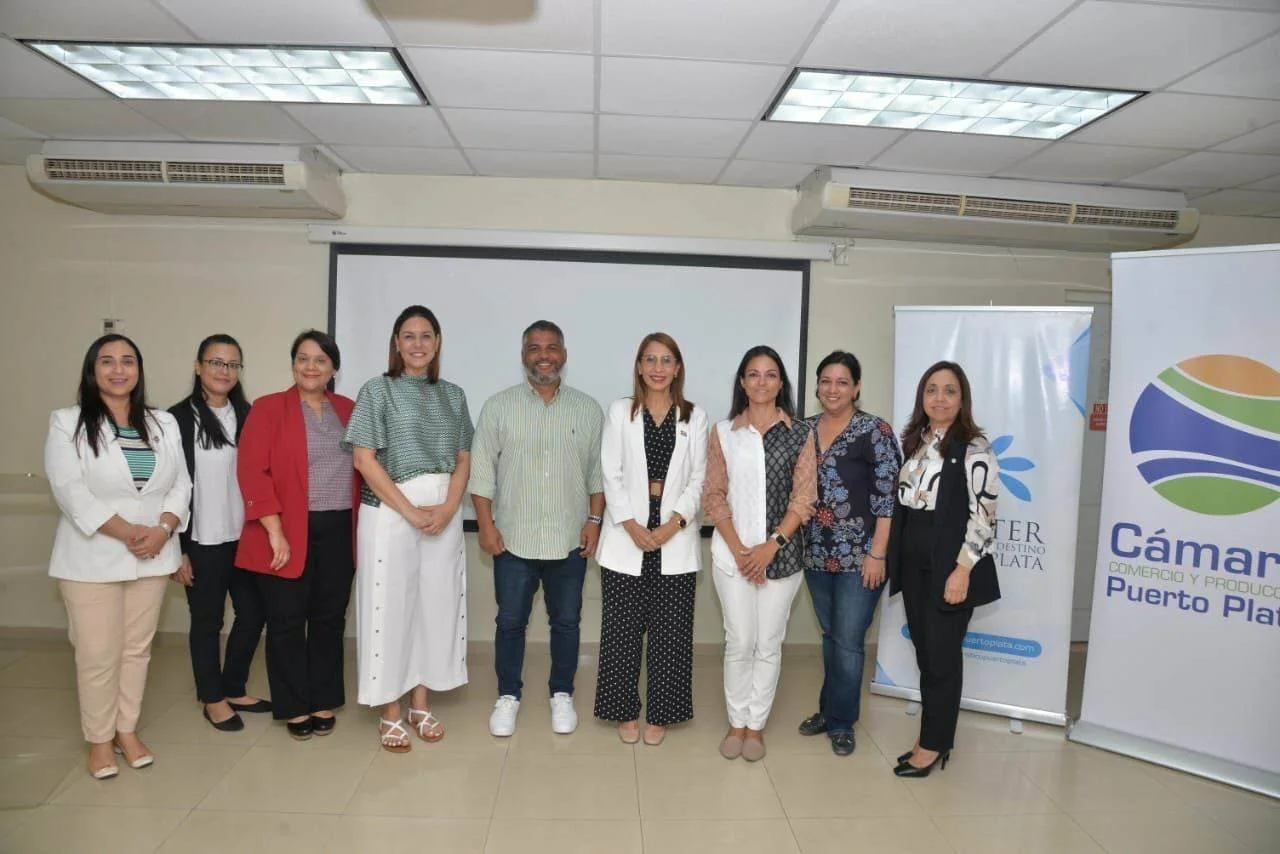The Tourism Cluster of the Puerto Plata Destination (CTDPP) partnered with the School of Gastronomy and Tourism of the Universidad Católica Madre y Maestra (PUCMM) to present an analysis of the socioeconomic impact of cruises in the city of Puerto Plata. The analysis was based on feedback from visitors surveyed at the ports of Amber Cove and Taino Bay.
The initiative is part of the CTDPP’s efforts to develop a market intelligence system that collects and analyzes data and statistics in a systematic, objective, and transparent manner. This enables a better understanding of the tourism sector’s behavior, different niches, and trends, facilitating appropriate strategic planning for the destination’s harmonious development.
The meeting took place at the Chamber of Commerce and Production of Puerto Plata, where Juan Pablo González, the technical director of the institution, described the initiative as highly positive. It aligns with the Chamber of Commerce’s objective of assessing how cruise activity benefits local businesses and service providers.
Birgitt Heinsen, the president of the CTDPP, emphasized the importance of having a data platform that provides a better perspective and direction for improving the quality and performance of the destination. She expressed gratitude to PUCMM for their involvement, as well as the support from Amber Cove and Taíno Bay ports, the Ministry of Tourism (Mitur), the Chamber of Commerce, and all other stakeholders who have shown receptiveness to the project.
Ambra Attus, the executive director of the Cluster, explained that the presentation aims to establish a tool for continuous use rather than presenting definitive data. This tool is crucial for understanding the needs and opportunities related to visitor experiences and achieving better destination management.
Ina Percival, the director of the University’s School of Tourism and Gastronomy, emphasized the significance of involving students and teachers in this type of research. Their participation fosters transparency and collaboration between academia and the tourism sector, marking a significant step forward.

